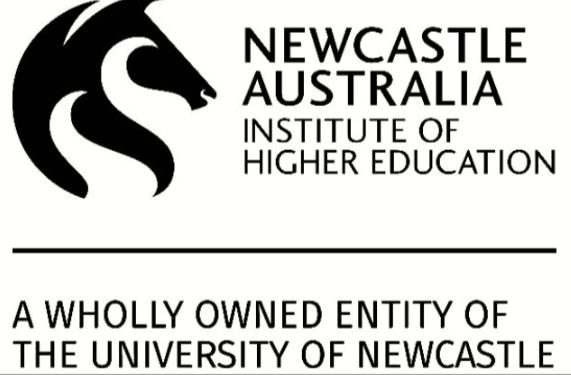Business Psychology in the Workplace
Sponsored Article by UON
Covid-19 had a massive impact globally and remains an ongoing concern. The pandemic undoubtedly changed the world in so many ways whereby it has dominated our lives, communities, businesses and politics. It resulted in a seismic shift in the way that we approach the workplace; it turns out that people can be trusted to work at home and are frequently far more productive as a result. The employee and their requirements have become central to business success, and those organisations that have pivoted to adopt this philosophy have reaped the rewards.
Effective businesses and organisations are becoming more agile, team-oriented and efficient. This necessitates critical shifts in the way we understand and run organisations. Business Psychology offers insight into productivity, team building, business leadership and culture. With an understanding of leading and management skills from a psychological perspective, organisations can make the most effective use of their employees, ensuring that they can do their jobs to the best of their abilities as they are happy and engaged. Happy employees are productive employees which equate to business success, but what results in most satisfaction for employees is not always obvious and can be highly context-dependent and situation-specific.
Business psychology provides the opportunity to understand the idiosyncratic nature of the employee-business relationship and identify the circumstances that allow a person in the organisation to lead with clarity and realise ambitious business goals. Business Psychology is the systematic study of individuals, groups and organisations to create high-performing businesses that engender high levels of outcomes for all stakeholders, including employees, shareholders and the community. Organisational structures that embrace Business Psychology are more creative, productive and resilient. Such organisations prove to be the sector leaders, setting industry standards by reducing employee turnover, increasing employee productivity and reducing costs. Recognising that people are an organisation’s most important asset.
For example, since 2015, the University of Newcastle (Australia) has launched the Master of Business Psychology program, which is also currently conducted at the Newcastle Australia Institute of Higher Education (Singapore). The program will give insight to those seeking to advance their leadership and management skills from a psychological perspective. It aims to enhance performance and well-being in the corporate world through an advanced understanding of human behaviour, and how this can be applied to manage workplace relationships and develop specialised skills in applied psychology and organisational behaviour. It is suitable for graduates from different degrees and disciplines, as long as they look forward to enhancing their leadership and management skills in their workplace. The first intake will commence on 22nd August 2022. Students will be eligible for up to a 50% bursary grant.
In summary, psychology can foster healthy and successful organisations, enabling employees to move beyond survival to flourishing meaningfully in their careers. People thrive when they are happier, setting higher goals and persisting longer to reach them. Such employees experience less stress and fatigue, and show better team cooperation and problem-solving which ultimately leads to a productive and successful business and organisation. Understanding the Psychology within the business is a winning formula for individuals, organisations and society.
Author:

Professor Kristen Pammer, the Head of the School of Psychological Sciences at the University of Newcastle Australia. She has held leadership positions at some of Australia’s most prestigious universities and has worked all over the world, including in England, Finland and Japan. She is a neuroscientist by training, devoting her research career to understanding how the brain responds to complex events. More recently, she has been conducting Human Factors research, exploring how people interact with technology such as self-driving cars. She is a national award-winning educator with prizes in global engagement, excellence in Indigenous education, and outstanding contribution to learning and research supervision. In addition to her academic achievements, she runs a professional coaching business helping businesses and individuals realise their full potential.

Newcastle Australia is a wholly owned entity of the University of Newcastle, Australia. It has recently been registered with the Committee for Private Education (CPE) to launch postgraduate
programmes. The CPE registration number is 200603214N, and the validity period is from 23 March 2022 to 22 March 2024.
